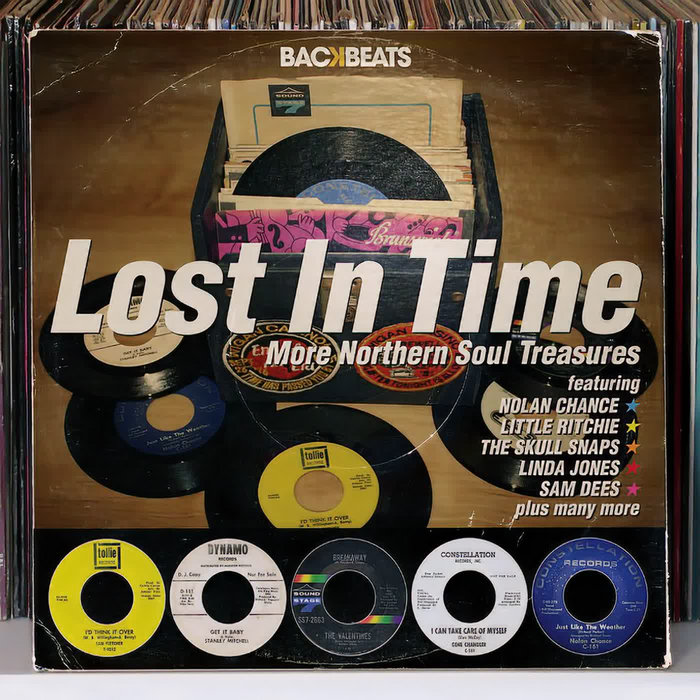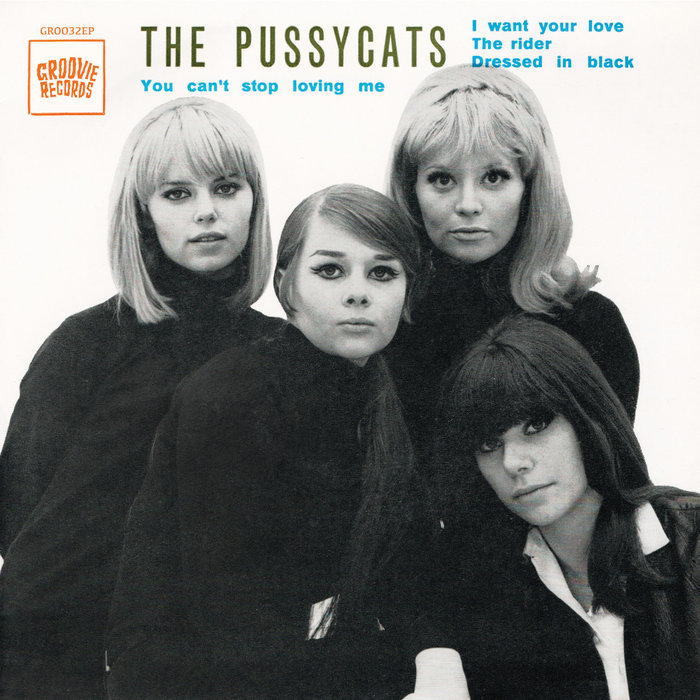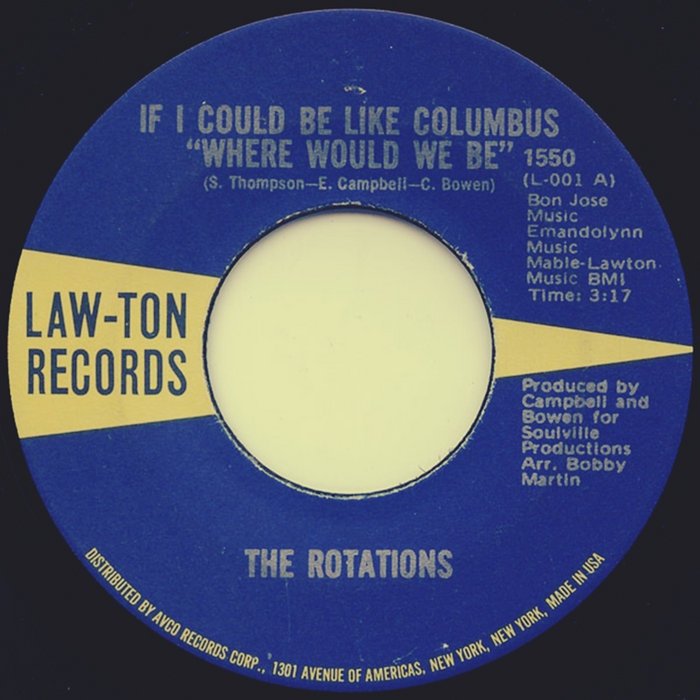
I Don’t Want a Playboy – Barbara Lynn
this blog is GROOVY – check out great Soul, Funk, Jazz, Hip Hop, Bass, Breaks , Reggae, House n many more TUNES
Alright, my fellow groove seekers! Let’s take a spin through the vibrant world of Northern Soul, a music genre that not only shakes your body but also tickles your soul. Born in the gritty suburbs of England during the late 1960s, Northern Soul is a lively blend of Motown beats and rhythm & blues vibes that left its mark on dance floors across the UK.
As this music phenomenon took off, it became more than just a sound; it turned into a passionate scene with loyal followers who lived for those infectious grooves. So grab your dancing shoes while we hit rewind and explore how this soulful sensation came to be!
The roots of Northern Soul can be traced back to American R&B and soul music from artists like Marvin Gaye, The Temptations, and Smokey Robinson. When these tunes made their way across the pond in the late ’60s, they were snatched up by DJs who wanted to share this electrifying sound with everyone.
In places like Wigan Casino—an iconic venue that could fit thousands of soul kids every weekend—enthusiasts danced until dawn to hard-to-find records filled with punchy brass sections and soaring vocals. It was all about spinning rare tracks: if you had something nobody else did? You were king (or queen) of the ballroom!
Did you know that some collectors would spend their life savings just to snag one precious record? There’s even an infamous story about one Brit who paid over £25,000 for a single 7-inch vinyl! Talk about dedication—or maybe craziness!
But wait! It wasn’t just about listening; it was also very much about DOING! The dance style associated with Northern Soul was as energetic as its sound; think spins, flips, and moves influenced by skate culture. Dancers transformed venues into non-stop party zones where everybody brought their best footwork.
At events known as “All-Nighters,” dancers showcased their skills till sunrise while DJ sets introduced them to all kinds of lost gems overladen with infectious rhythms. Dance-offs became legendary affairs where folks would show off fluid motions akin to funky superheroes on roller skates!
One unique move popularized within these dance circles was called “the spin.” Legends say some dancers spun so fast they nearly created mini whirlwinds on crowded floors—leaving stunned spectators in awe (and maybe dodging dizzy friends)!
Northern Soul wasn’t merely confined to flashy nights at clubs; it birthed an entire subculture complete with fashion statements galore! Think sharp suits for gents (with slick hairdos) and stunning dresses paired with colorful platform shoes for ladies—a sight worth seeing anywhere you went.
And let’s talk slang! Fans coined phrases like “toasted” for when someone scored well at dancing or “picking” meaning searching through dusty record bins for undiscovered treasures. This unique vernacular added charm while highlighting how deeply woven into everyday lives this genre became.
After getting cozy in underground scenes throughout Britain, several tracks climbed up charts thanks primarily due radio Airplay fueled largely by fans’ word-of-mouth buzz—which meant powerhouses emerged from relative obscurity thanks massively dedicated supporters:
Frank Wilson – “Do I Love You (Indeed I Do)”
Originally recorded but never released? This tune has stirred hearts since ‘65 — resale price skyrocketing among collectors made sure everyone knew Frank didn’t lose his chance after all!
The Elgins – “Heaven Must Have Sent You”
Another floor-filler—you play this beneath neon lights while people lose themselves trying out fiery high kicks; guaranteed magic unfolds right there!
Jimmy Radcliffe – “Long After Tonight Is All Over”
An absolute belter loved solely because Radcliffe sang his heart out—the kind that’ll make anyone feel fuzzy inside despite any gray skies overhead.
Most musicians involved didn’t get mega-famous outside niche circuits—but oh boy did they have incredible stories! One artist recalls performing guest spots at local dives only later discovering he’d inspired crowds attending university raves years down line—all because somebody shared recordings online!
By the end of ’70s though things looked gloomier—the initial fervor started fading away—with other genres vying attention instead leading many fans scattered once booming venues sadly closed down too quickly…
But hey! Thanks mainly devoted souls keeping flames alive—we saw impressive revivals emerge during ’80s onward featuring festivals celebrating glorious past whilst intertwining modern-day influences stepping back onto stages recreating jams together again bringing new blood along experiencing joyous nostalgia firsthand letting sparks fly anew balancing upbeat energy establishing roots firmly cemented deep within youth cultures everywhere!
Fast forward today—and what do we see? Events popping up globally led initially homogeneous sounds branching outward touching various styles inspiring fresh takes showcasing versatility found inherent core sounds continues adding layers beauty rooted rich history driving community spirit enlivened whenever anyone hits floor shows enthusiasm radiating goodness keep shining bright reminding us why we’ll always treasure these splendid moments forever echoing lovingly around our hearts souls alike wherever journeys lead next phase comes rising too…
So strap on your platforms once more beloved creeds marked exploration ahead groovin’ eternally beating drums alongside mighty melodies—that’s what life’s truly all about doesn’t matter timelines passings keep rockin’, keep rollin’, celebrate nothing less than pure unfiltered joy spreading sweet love respecting legacy forged united through hypnotic spells blessed beats simply put:- NOTHIN’ CAN STOP THIS NORTHERN SOUL FEELIN’!!!

I Don’t Want a Playboy – Barbara Lynn

I Want Your Love – THE PUSSYCATS

If I Could Be Like Columbus – The Rotations